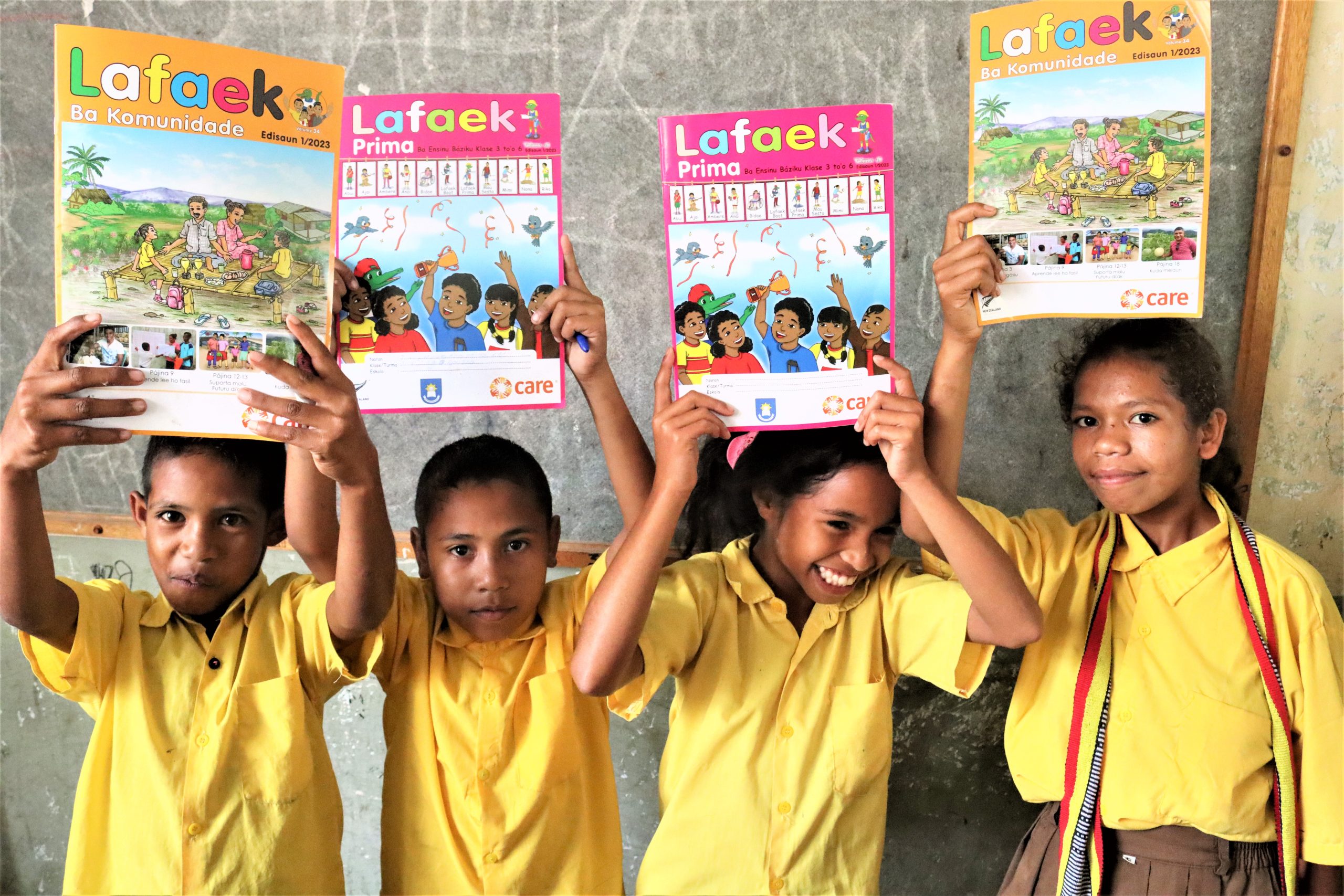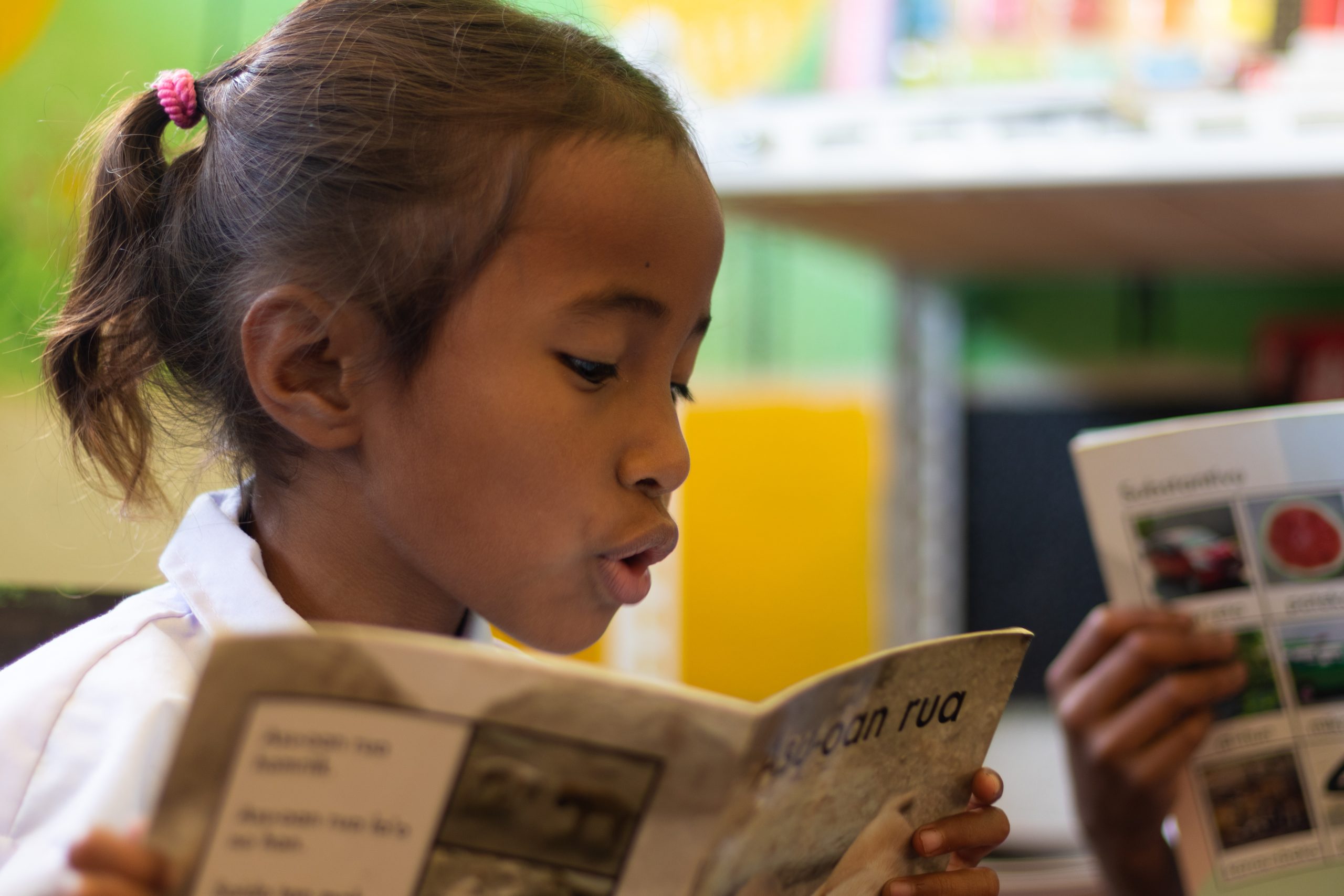Women's Voice & Economic Empowerment
Women have played an active role in the struggle for independence, peace building, and politics. Timor-Leste has one of the highest proportions of female parliamentarians in the world and the highest in Asia and the Pacific with a 38 percent share of the parliamentary seats.
But participation is severely lacking at the local level where women have almost no voice and males hold 98% of the positions as chief, both at suco (village) and aldeias (hamlet) level. Women have limited involvement in decision-making at home and in the community and with limited government representation, women’s needs are not well represented.
Patriarchal cultural norms exist in Timor-Leste where men are usually the head of the household, decision-maker, and bread winner working in the formal economy. Women are viewed as caregivers responsible for household chores and they must obey their husbands. The burden of caregiving responsibilities limits women’s ability to engage in income generating activities, business and skills development.
Gender-based violence is widespread, impacting more than half the adult population. Women are disempowered in the economy; even though 80 percent of women work in agriculture, they have far less access than men to resources, services and livelihoods opportunities.
CARE is committed to promoting women’s leadership and decision-making, increasing women’s participation in government processes, building capacity to support increased gender equality in key government policies and strategies, and addressing gender-based violence.
By empowering women, through its projects CARE works to address power imbalances in households and communities, strengthen access to technical skills training, develop better links to markets, offer access to financial inclusion and strengthen community capacity to be more resilient to climate change.
For more information, read our women’s voice and women’s economic empowerment project briefs.
Lafaek Learning Media

HATUTAN

HAFORSA 2

HAMORIS


